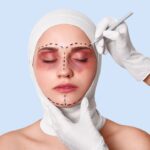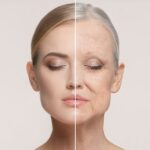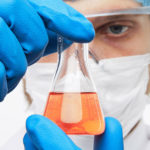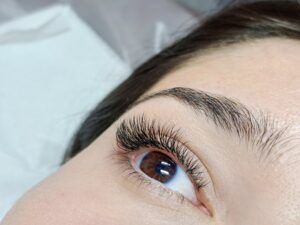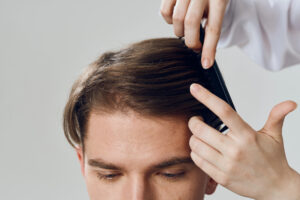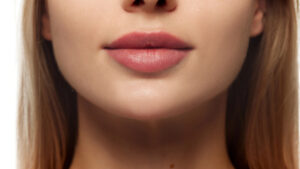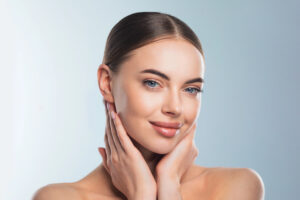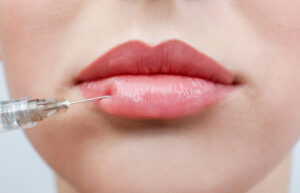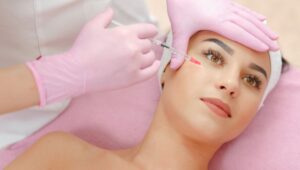Drinking alcohol is an enjoyable and exciting activity for most of us, especially with friends and family. Also, too much alcohol consumption can be bad for our health. While most of us are having fun and might be over-indulging on drinking alcoholic beverages, this article might help you change for the better.
Most of us focus on the harmful effects of alcohol on the liver, but did you know that alcohol, such as beer, cocktails, and wine, can affect your skin as well? We drink tons of water, book various dermal treatments, and use lots of creams, serums, toners, facial cleansers, and more, just to achieve the perfect skin. And yet, according to Jairo Rodriguez, a New York nutritionist, “Alcohol is one of the worst, most aggressive compounds to destroy your skin.” Additionally, Rodriguez added that she mostly jokes around her clients by telling them that if they want to look older, they should go ahead and drink.
Now you’ve discovered that alcohol is toxic to your skin, the next thing to learn now is how it affects the skin.
How Long Before the Alcohol Affects the Skin?
Alcohol quickly affects the skin after 24 hours of drinking more than three bottles or glasses of your happy hour drink. You’ll probably notice that your skin may appear dull, lined, and less plump compared to when you don’t drink. Unfortunately, for those who are dealing with acne are likely to experience breakouts.
Nutrient Deficiency
Some alcoholic beverages like red wine contain some health benefits such as it regulates blood sugar, lowers bad cholesterol, and it keeps the heart to be healthy. But excess consumption is never a healthy choice. Most of your happy hour drinks contain empty calories and sugars and consuming lots of those can lead to nutritional deficiency, which will have a direct effect on your skin.
Dehydration
The first effect of alcohol is dehydration. Alcohol is known to be a diuretic agent that causes diuresis, the process which encourages the body to deplete its water supply in order to produce more urine. The skin is an organ made up of cells and according to H.H. Mitchell, Journal of Biological Chemistry 158, the skin contains 64% water. Further, cells can’t operate correctly when they lack water. Wrinkles and pores become more visible due to the fact that the skin becomes dry, flaky, and tight when dehydrated.
Alcohol can make our stomach appear bloated. Not only that, but our faces may also appear swollen and puffy when we drink alcoholic beverages. These are all said to be attributed to the dehydrating properties of alcohol.
Inflammation
“Oh, it’s just a little redness. It’s no big deal. It will fade away sooner or later.” Sounds familiar? For some people, the redness may fade away after a couple of hours. But unfortunately, for some people who frequently drink alcohol in large amounts, it can become a big deal, especially when the redness doesn’t go away.
Alcohol is an inflammatory substance that aggravates the tissues of the skin, resulting in a histamine reaction. Therefore, it causes facial redness.
Slow Production of Collagen
Collagen is the amplest protein in the body that is also responsible for making the skin soft, tight, and smooth. The skin also begins to loosen, and this induces wrinkles to develop when skin cells could not generate enough or retain existing collagen.
Disruption in the Production of Microbiome
The microbiome is the genetic component of all organisms that exist within and within the human body. It aids in regulating our immune system which is essential in preventing inflammatory skin conditions. Further, alcoholic beverages are known to destroy the levels of microbiome.
Increased Cortisol Levels
Alcohol consumption enhances cortisol production in the body. While cortisol increases focus alertness, blood pressure, and attention during the short-term, but for the longer run, it can negatively affect the digestive system, bone growth, muscle development, wound repairs, and reproduction.
Interferes with the Blood Sugar Level
All three glucose sources are being disrupted by alcohol consumption. Here are some ways on how alcohol affects the glucose level of your body:
- Decreases the hormonal reaction to large consumption of hypoglycemia.
- Restrain glucose development while alcohol is digested.
- Restricts glucose consumption by not consuming enough food while drinking.
Breakouts
Over-indulging alcoholic drinks that are high in sugar, such as cocktails, can lead to breakouts. Glycation, a reaction characterized by the buildup of excess glucose in the fibers of the skin, causes the skin to crystallize, which may soon lead to a dull, and less plump skin.
Causes Insomnia
Most of us, especially the older generation, believes that having a drink to make you more relaxed before bedtime, but it may not really be effective as we thought. Alcohol is known to interfere with the body’s sleep-regulating mechanism, also known as sleep homeostasis, which can cause lack of sleep. Moreover, lack of sleep can lead to dull and puffy skin, under-eye bags, dehydrated complexion, or even breakouts.
*Information in this article is not medical advice and may not be factually accurate. It is intended for entertainment purposes only. Consult with a physician before attempting any tips in this blog post and to get the most up to date factual data about any procedure or treatment.



